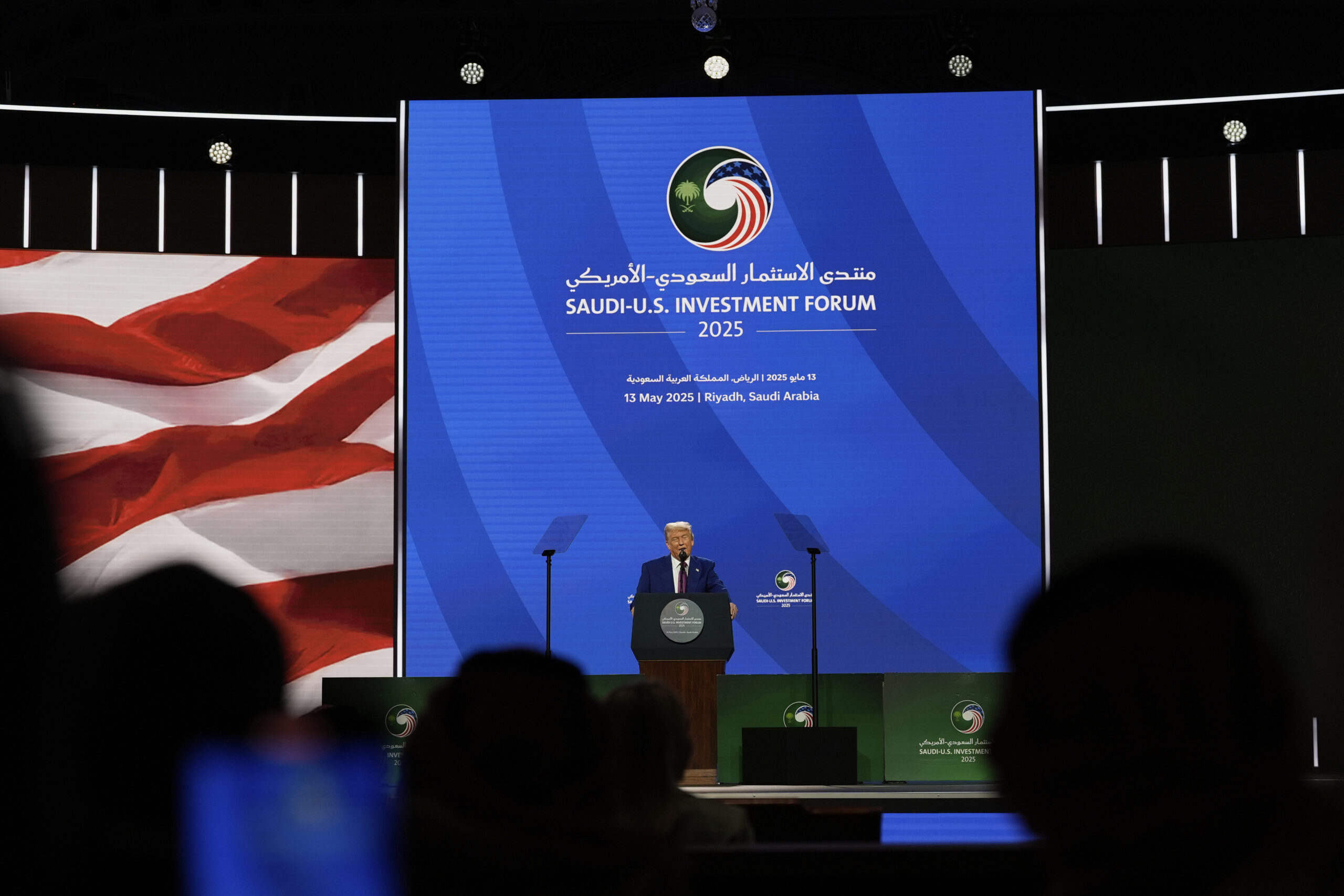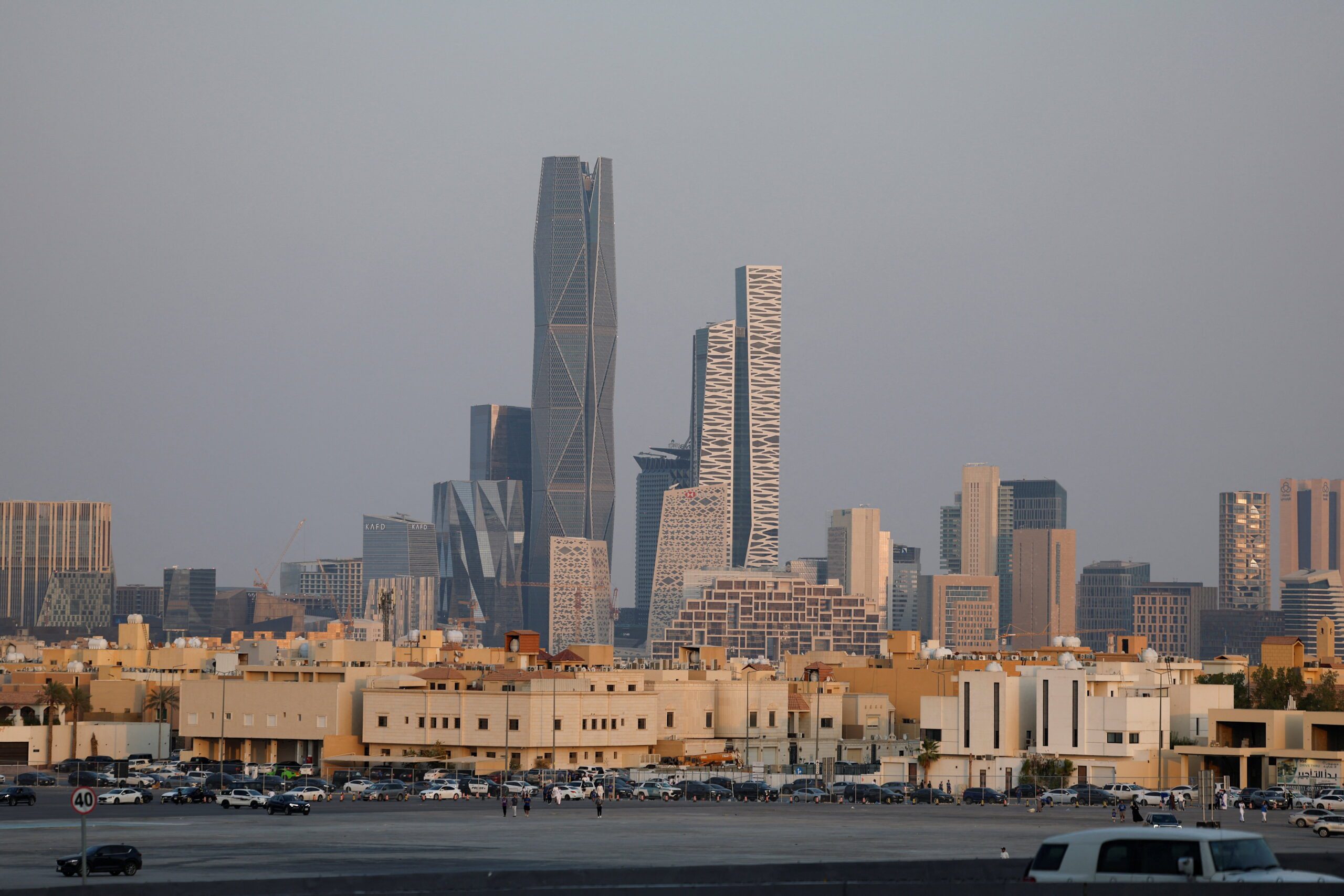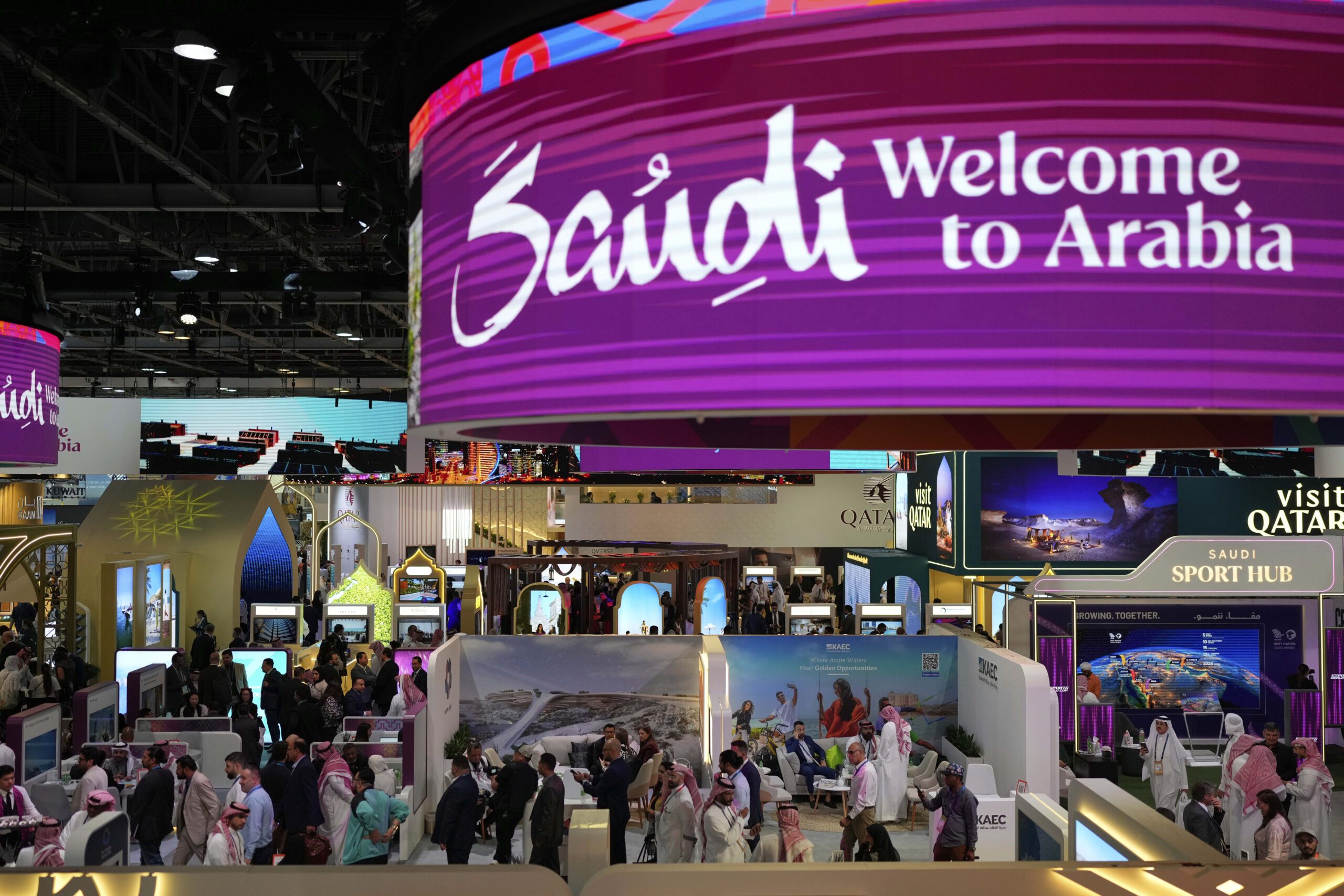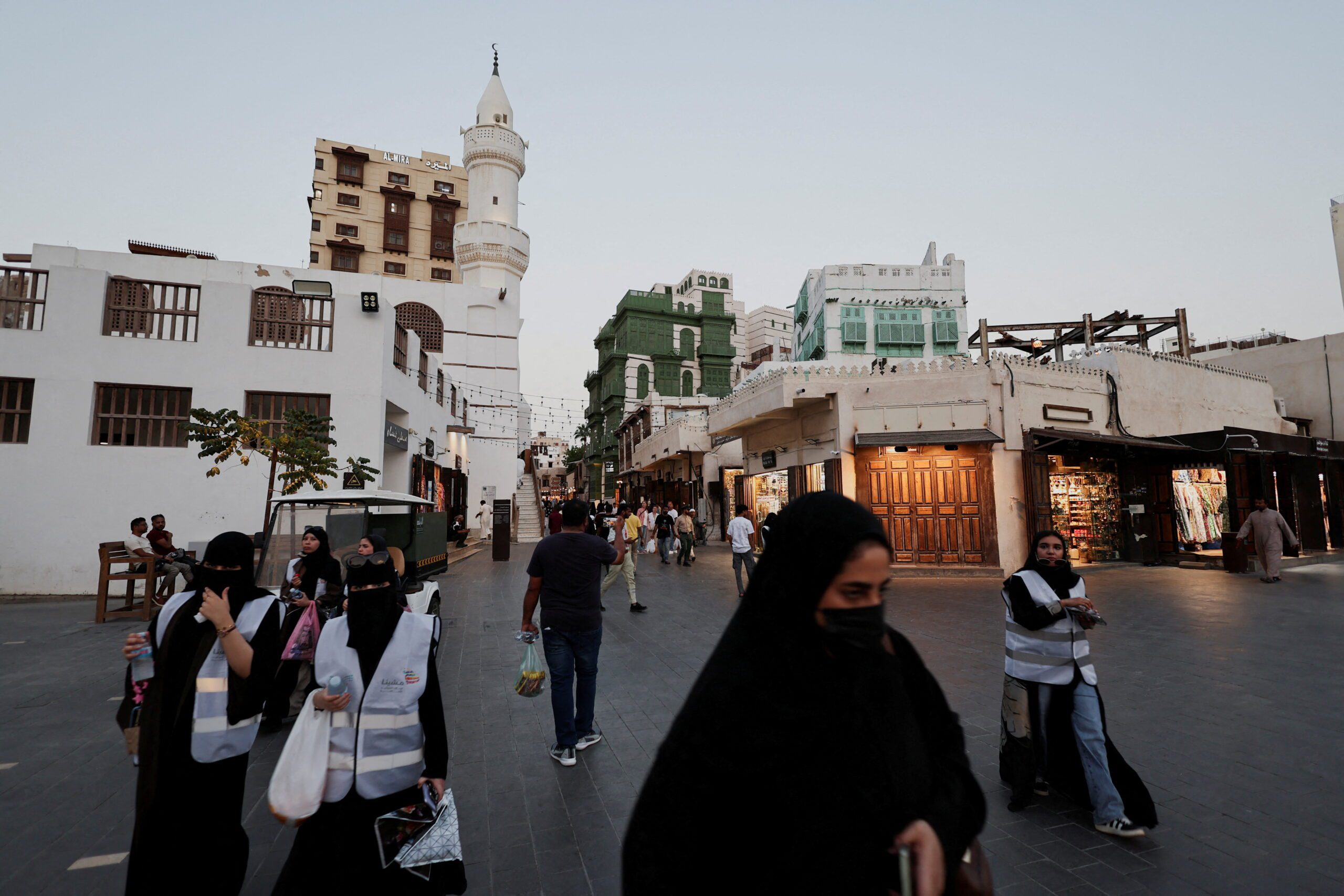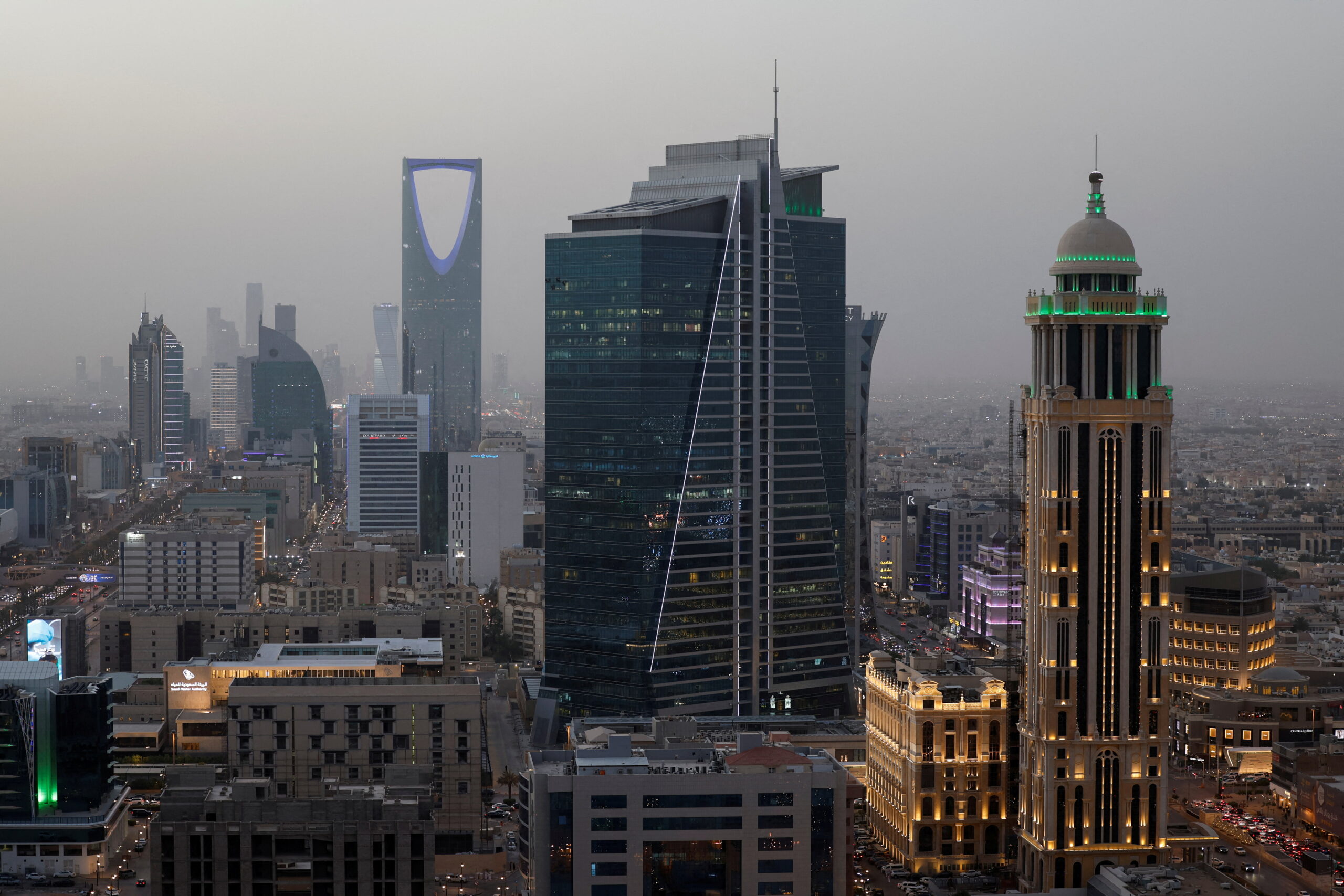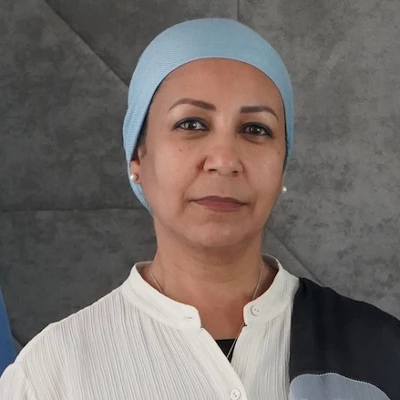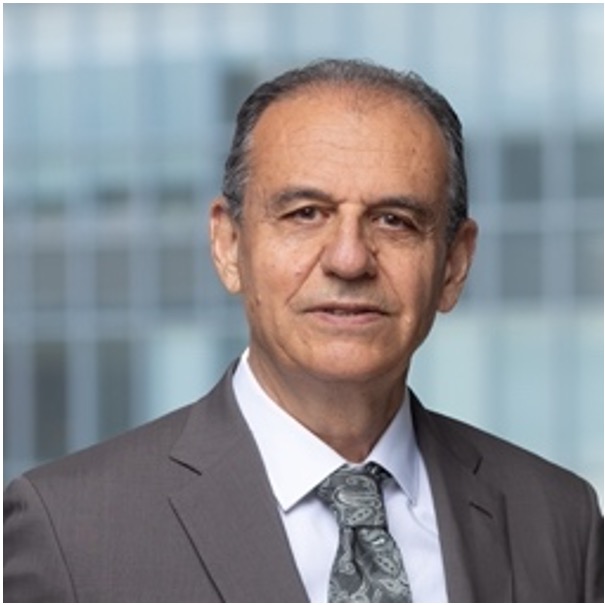Jul 1, 2025
The IMF Comments on the Saudi Economy and Policy Framework
The International Monetary Fund continues to endorse the direction of economic reform in Saudi Arabia but notes that risks from oil price uncertainty and strong credit growth will need to be carefully managed to keep the economy on a strong growth trajectory.
The International Monetary Fund has released its preliminary “Concluding Statement” for the 2025 Article IV consultation with Saudi Arabia (the Article IV is the annual economic health check that each member country undergoes). The more detailed “staff report,” which provides the most comprehensive analysis of the Saudi economy and policy framework available, will be released in the late summer.
Main Points in the Concluding Statement:
- Non-oil growth is expected to slow in 2025 to 3.4% (4.2% in 2024), but overall real gross domestic product growth will accelerate to 3.5% (2% in 2024) given the oil production increase under the OPEC+ agreement. The fiscal and current account balances will both be in deficit – 4.3% of GDP for the fiscal deficit in 2025 and 3.9% of GDP for the current account deficit in 2027 (no numbers given for 2025 and 2026 in the statement).
- The IMF endorsed the government running a larger-than-budgeted fiscal deficit in 2025 given the expectation of lower oil revenue. Allowing for a higher fiscal deficit is seen as a more appropriate fiscal policy response to lower oil revenue than cutting spending further. The latter would negatively affect economic growth, and the government has plenty of room to borrow given its low debt level.
- The fiscal deficit will need to be reduced in the coming years. The IMF recommends higher taxes on land and property, a broadening of the value-added tax to include e-commerce transactions, the removal of remaining energy subsidies, and limiting growth in spending in areas such as the wages and salaries of government employees.
- The IMF continues to view the peg to the U.S. dollar as the best exchange rate option for Saudi Arabia.
- Strong credit growth is leading to funding pressures for Saudi banks. The IMF noted that the Saudi Central Bank has raised the countercyclical capital buffer by 1% (meaning that banks will need to hold more capital) but also called for lower loan-to-value, debt burden, and loan-to-deposit ratios to slow credit growth and limit financial vulnerabilities.
- The IMF noted that efforts to reduce the economy’s reliance on oil should continue, including by improving educational outcomes and maximizing the benefits of artificial intelligence. The IMF also noted that interventions by the Public Investment Fund and other public sector entities should be carefully targeted so as not to displace private and foreign investment.
Positive Outlook, but Beware of Fiscal and Financial Risks
The economic projections in the IMF statement foresee continued robust growth with larger but manageable fiscal and external deficits. These projections are broadly in line with those of most other forecasters. Risks to the outlook are viewed as coming largely from trade and political tensions around the world that could affect the demand for oil.
The endorsement by the IMF of a larger-than-budgeted fiscal deficit in 2025 may be seen as surprising, but this advice is in the context of a budget that already targets a large reduction in spending. The IMF is not suggesting that government spending should increase relative to 2024 but rather that there is no need to seek additional savings to meet the budget deficit target in the face of lower-than-expected oil revenue. It is anyway doubtful that the government will even be able to meet its ambitious 2025 spending target given the outcome in the first quarter of the year. A bigger question is how fiscal policy should respond to a larger and more extended drop in oil prices. Here the IMF’s advice that in these circumstances a “more aggressive fiscal consolidation” would be needed is appropriate.
The IMF raised concern about the implications of the continued strong growth in bank credit for financial stability. Banks are increasingly resorting to short-term external financing to meet credit demand and are also reliant on deposits from public sector entities to shore up their funding base. However, having raised the countercyclical capital buffer, the central bank may be reluctant to take the IMF recommendations to lower loan-to-value, debt limit, and loan-to-deposit ratios as it seeks to balance financial sector risks with the demands of Vision 2030. Any slowdown in credit growth could undermine the Vision 2030 objectives of boosting home ownership rates and developing new sectors of the economy.
Last, the long-term success of the Vision 2030 reforms will depend on raising the productivity of workers. Here, the calls for reform of the education system and policies that make for a conducive environment for foreign direct investment are particularly pertinent. To date, there is no evidence that reforms have improved educational outcomes, while FDI needs to increase substantially over the next five years to meet the Vision 2030 target.
The views represented herein are the author's or speaker's own and do not necessarily reflect the views of AGSI, its staff, or its board of directors.


